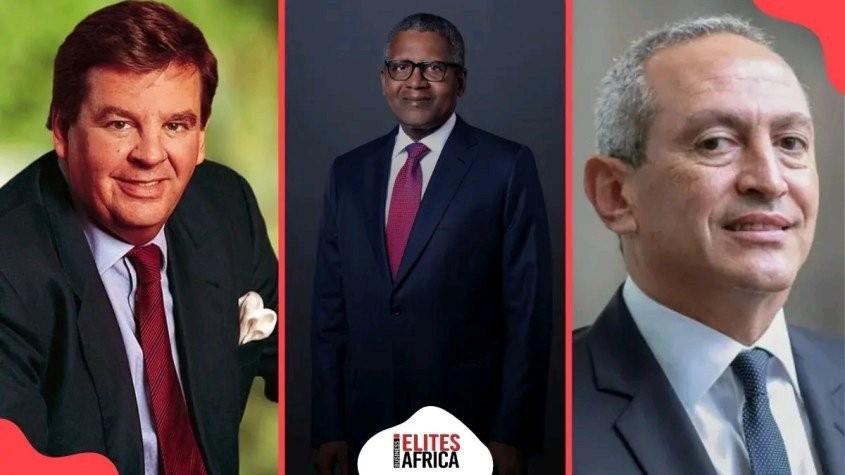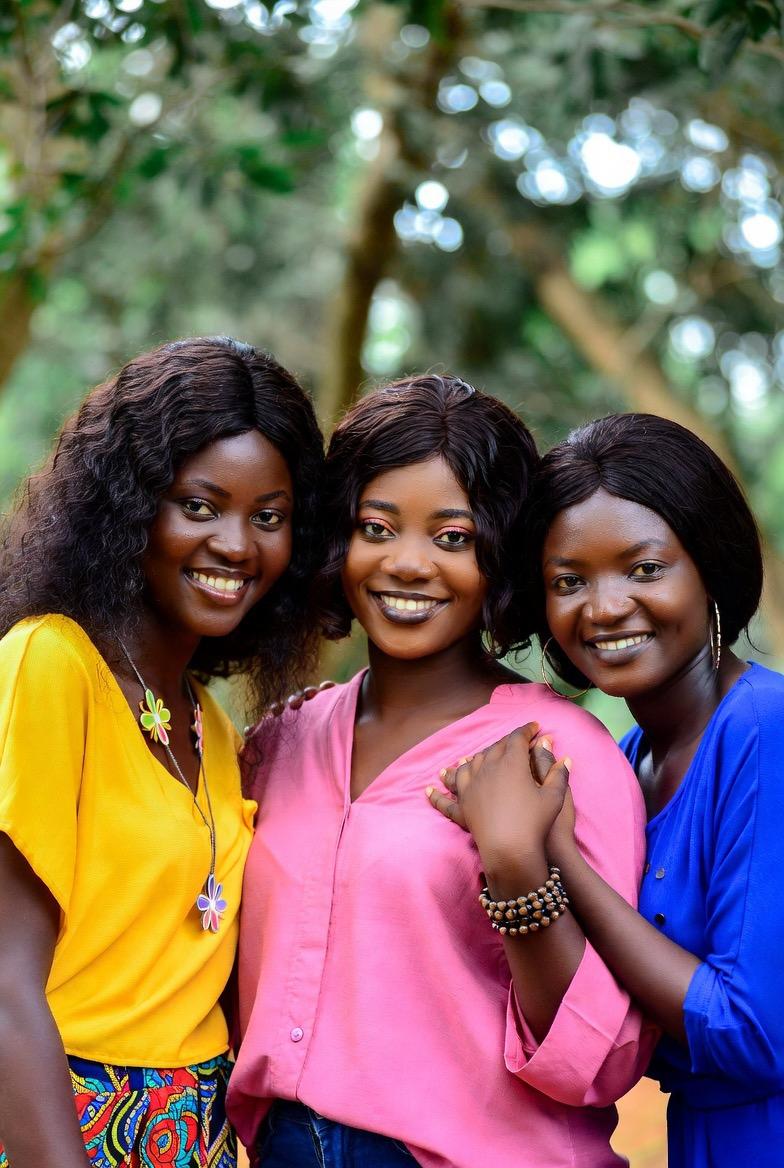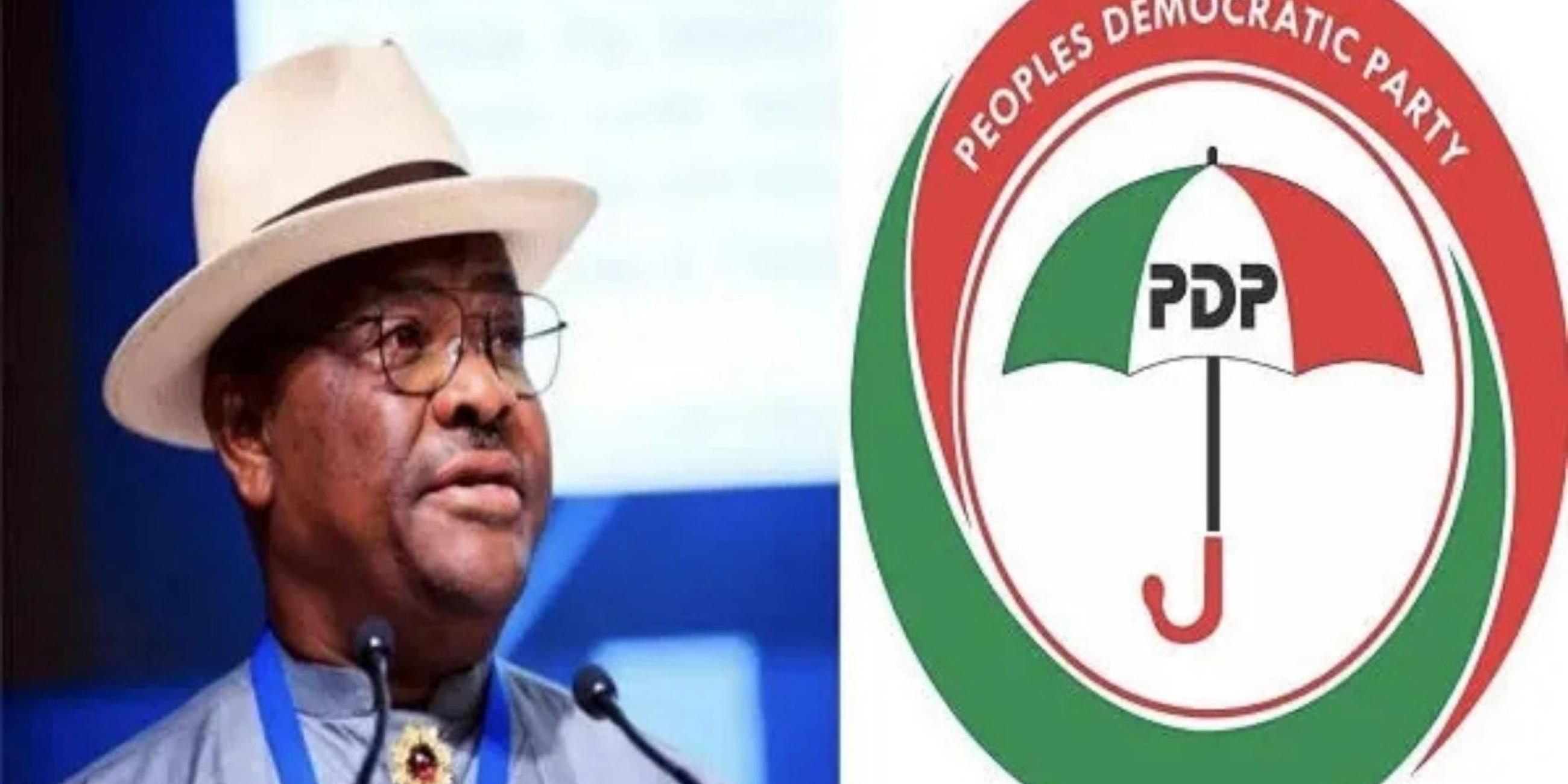4 African Billionaires Now Richer Than Half of the Continent

A report by the anti-poverty organization Oxfam reveals that just four individuals in Africa possess more combined wealth than the poorest half of the continent’s population, approximately 750 million people.
These four billionaires in Africa hold around $57.4 billion between them, underscoring an extreme concentration of wealth that undermines economic growth, strains public services, and fuels social unrest across Africa.
Who Are These Four African Billionaires?
Aliko Dangote (Nigeria)
As the richest person in Africa, Dangote’s net worth stands at roughly $23.8 billion. He built the Dangote Group into a manufacturing powerhouse, producing cement, sugar, salt, and cooking oil. His newly opened refinery in Lagos, one of the world’s largest single-site facilities, further cements his industrial dominance and influence over Nigeria’s economy.
Johann Rupert (South Africa)
Chair of Richemont, the luxury-goods conglomerate behind Cartier and Montblanc, Rupert’s wealth totals about $14.5 billion. His holdings span high-end watches, jewellery, and fashion, giving him a strong global presence and vast profits, even during economic downturns.
With a fortune of around $11.5 billion, Oppenheimer made his mark through De Beers diamonds. The family’s legacy in gem mining and trading continues to generate immense returns. Beyond diamonds, their diversified investments include finance, agriculture, and property.
Nassef Sawiris (Egypt)
Egypt’s richest man, Sawiris, controls close to $9.6 billion. He built his wealth in construction materials and chemicals, holding key stakes in global firms like LafargeHolcim. His group’s reach extends across continents, supplying cement, fertilisers, and industrial products.
Human and Economic Costs
Underfunded Public Services: Governments starved of revenue struggle to finance schools, clinics, and reliable electricity. In many countries, out-of-pocket payments for health care push families into poverty.
Low Human Capital: Malnutrition, weak schooling, and limited training leave millions ill-prepared for today’s job market, capping productivity.
Social Unrest: Visible disparities between lavish lifestyles and widespread hardship can spark protests, erode trust in institutions, and even destabilise governments.
Economists estimate that extreme inequality can shave off 1–2 percent of GDP growth each year. For Africa, where growth is vital to lifting hundreds of millions out of poverty, this drag is doubly painful.
Toward Fairer Taxation
One of the most practical remedies is a modest wealth tax. A 1 percent annual levy on fortunes above $10 million could raise an estimated $66 billion continent-wide. These funds would more than cover:
Free Universal Education: Financing primary and secondary schooling for tens of millions.
Universal Electricity Access: Extending the grid and renewable micro-grids to rural areas.
Basic Health Care: Upgrading clinics, stocking essential medicines, and training nurses.
Many African countries already rely heavily on indirect taxes (sales, VAT) that disproportionately burden low-income families. Shifting the balance toward direct taxes on wealth would create a fairer system without overtaxing working citizens
Strengthening Social Safety Nets
Beyond taxation, governments should:
Expand Cash Transfers: Targeted payments to the poorest families can immediately reduce hunger and boost school attendance.
Invest in Job Training: Public-private partnerships can upskill youth for manufacturing, digital services, and green-energy jobs.
Enhance Transparency: Robust asset-disclosure laws and public registers discourage corruption and hidden wealth accumulation.








